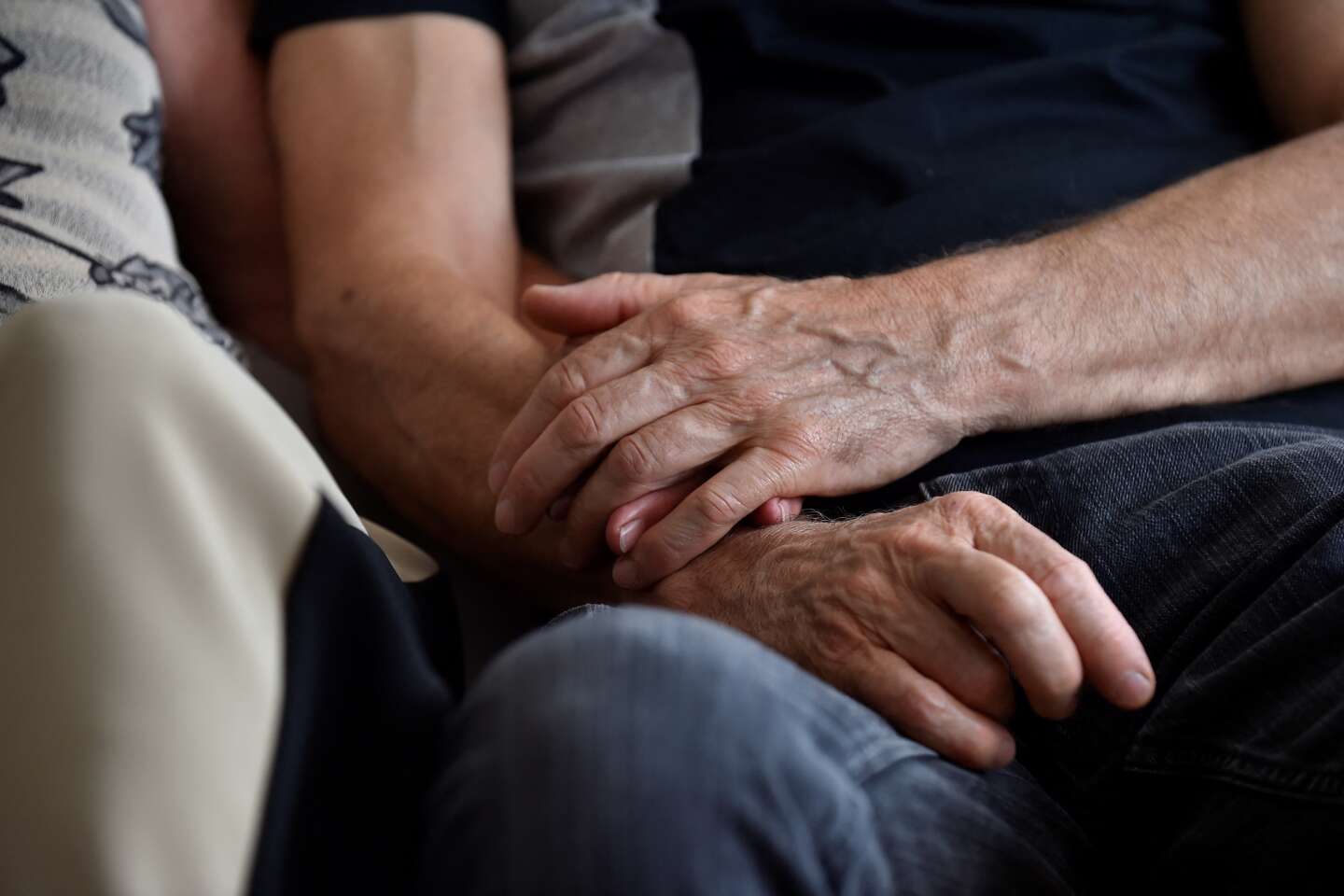
Reshuffle or not, Emmanuel Macron will welcome representatives of religions to his table on Thursday, February 8, to address the end of life issue. When he laid out his wishes a month ago, he committed to bringing them together. This is the second dinner with religious leaders since he began debate on the issue in September 2022. The last one took place on March 9, 2023.
Emmanuel Macron is organizing this meeting ahead of several announcements, the first of which he could reserve for his evening visitors. Sera introduces Catherine Vautrin, Minister of Labor, Health and Solidarity, who will raise the matter within the government. The minister “will not come empty-handed,” indicates the people around him. For the manager, it’s about showing that “The file is moving forward”.
Invited this Thursday were Monsignor Matthieu Rougé, Bishop of Nanterre, the Chief Rabbi of France, Haïm Korsia, Pastor Christian Krieger, President of the Protestant Federation of France, Antony Boussemart, Co-President of the Buddhist Union of France. The Metropolitan of France, President of the Assembly of Orthodox Bishops of France, Dimitrios Ploumis, will also be present. Chems-Eddine Hafiz, the rector of the Grand Mosque of Paris, is traveling abroad all week.
Personalities from medicine and politics are also invited to this dinner: Professor Jean-François Delfraissy, President of the National Consultative Ethics Commission (CCNE). Alain Claeys, co-author of the 2016 End of Life Law, will also be present. As a former MP, he is co-rapporteur of the CCNE opinion on the subject of September 2022. The head of state invited two active doctors: Doctor François Blot, resuscitation doctor at the Gustave Roussy Institute, to Villejuif (Val-de-Marne). ), specialist in medical ethics. And a doctor responsible for the palliative care service in the public hospital.
Details awaited in the calendar
Emmanuel Macron’s aim is primarily to reassure religious representatives who care about supporting the dying, but also the medical community. The head of state should demonstrate his desire to improve access to palliative care. “first pillar” the strategy he presented in April 2023 to improve end-of-life care.
A “Ten-year plan for the development of supportive care” – new wording stamped by the executive branch to describe palliative care – is ready. It is inspired by Professor Franck Chauvin’s work submitted in the fall. This plan is accompanied by significant funding and a reform of medical education to train more doctors in this field and advance research.
You still have 35% of this article left to read. The rest is reserved for subscribers.





